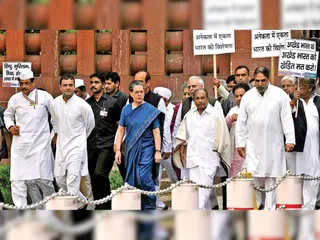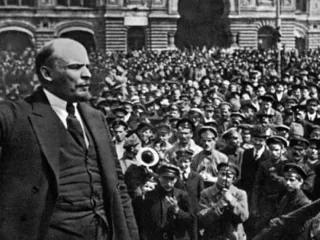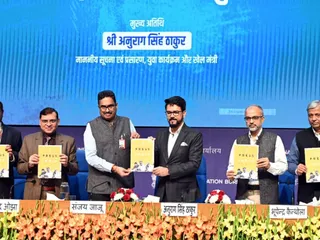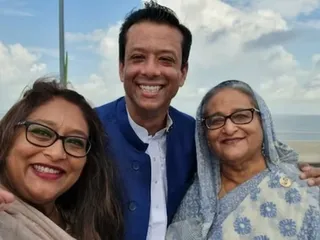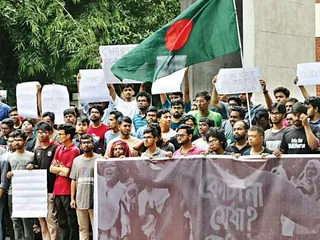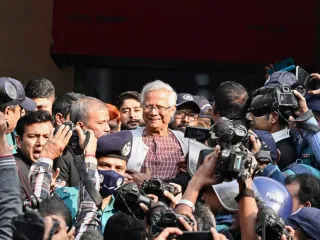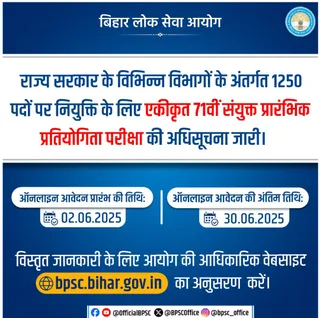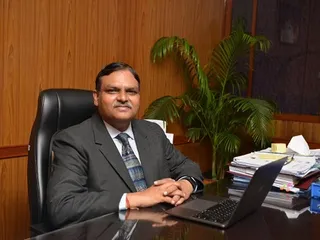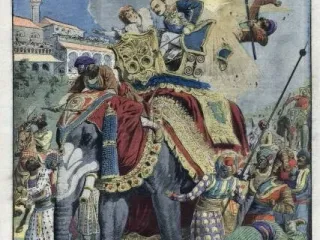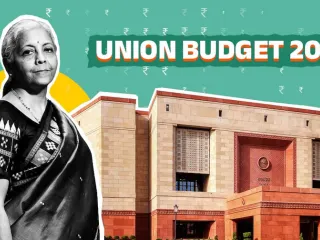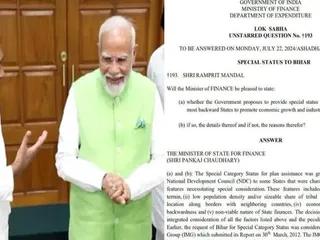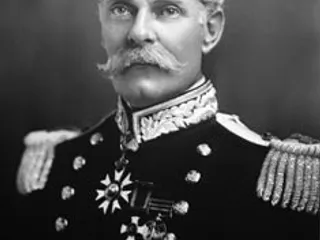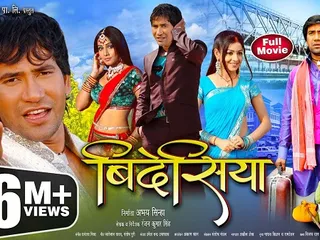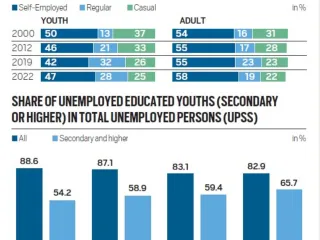George Frederick Samuel Robinson, 1st Marquess of Ripon (1827-1909), served as the Viceroy of India from 1880 to 1884. While his tenure was relatively short, it proved remarkably impactful, particularly for its emphasis on administrative reforms and the significant expansion of local self-government. Ripon's legacy remains a subject of considerable historical debate, highlighting both his progressive intentions and the complexities of British rule in India.
Prior to his appointment as Viceroy, Ripon held various positions within the British government, demonstrating a long-standing interest in colonial administration. His time in India was marked by both significant achievements and considerable opposition from both within the British Indian administration and among segments of the Indian population.
One of Ripon’s most enduring contributions was his introduction of the Local Self-Government Act of 1882. This landmark legislation aimed to decentralize administrative power, transferring certain responsibilities to locally elected bodies. The Act established local boards at the district and municipal levels, empowering Indians to participate more directly in the governance of their own communities. While limited in scope and application, it represented a significant step towards greater Indian participation in administration and laid the groundwork for future expansions of local self-governance.
Ripon’s efforts were met with resistance from some sections of the British Indian bureaucracy, who feared the potential loss of control and influence. Conservative elements within the Indian Civil Service saw the reforms as potentially destabilizing and resisted their full implementation. Despite this opposition, the Act’s passage demonstrated Ripon’s commitment to a more participatory model of governance, reflecting the growing influence of liberal ideas within the British administration.
Another significant event during Ripon’s viceroyalty was the introduction of the Ilbert Bill in 1883. This legislation sought to allow Indian judges to try European offenders. The proposal sparked considerable outrage among the European community in India, who launched a vigorous campaign against it, leading to significant modifications and a diluted version of the original bill being passed. While the ultimately altered Ilbert Bill did not fully achieve its intended goal, it highlighted the complex racial dynamics of British India and the ongoing struggle for greater equality.
Ripon's administration also saw improvements in education, particularly in the areas of primary and technical education. His government worked to expand access to education, recognizing its crucial role in the social and economic development of India. He supported the growth of vernacular education and sought to make education more relevant to the needs and aspirations of the Indian population.
Despite his progressive initiatives, Ripon's legacy remains complex. While his reforms were significant steps toward greater Indian participation in governance and administrative progress, they were ultimately constrained by the larger context of British imperial rule. His reforms were often met with opposition and incomplete implementation. His actions, however, are significant in understanding the evolution of India's administrative landscape and its transition towards self-governance.
In conclusion, Lord Ripon’s time as Viceroy of India left an enduring mark on the country’s administrative and political development. His commitment to local self-government, though imperfect in its execution, significantly contributed to the growing demands for greater Indian participation in governance and laid the groundwork for future self-rule.







